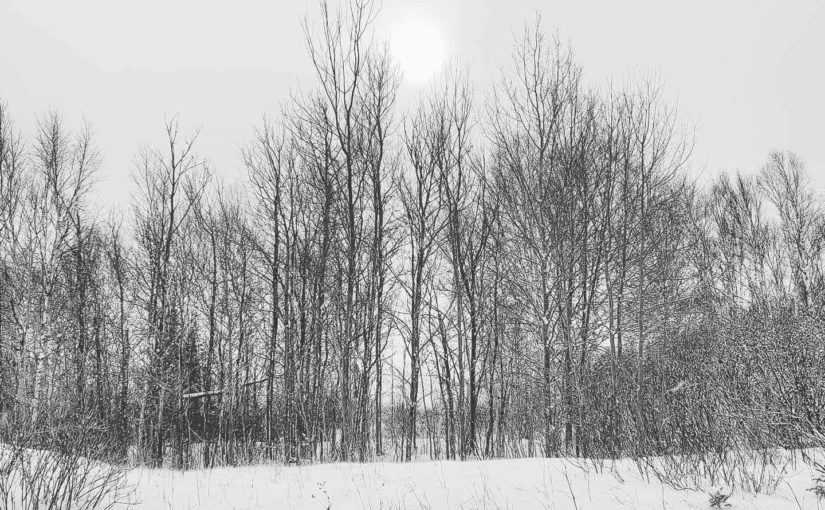I’m going to date the hell out of myself with this anecdote, but it can’t be helped. It comes as likely no surprise that my family can get a little ranty, my mother’s side anyway. Just to rely on some specious ethnic stereotype: Mum’s side is Welsh, who tend to be known for their voluminousness (and for their drinking, alas.) That was certainly true for the Welsh ancestor who emigrated to the States, likely because he’d knocked up the neighbor’s daughter. Late in his life, my grandfather would get calls to come pick up his grandfather at the bar where he was singing Welsh hymns at the top of his voice. As a consequence, Grandpa was a lifelong teetotaler.
Anyway, before I get too far down the rabbit hole of Depressing Tales of Victorian Drunks, let me get to my point. Grandpa had a tendency to go on about various topics, often to the great irritation of my mother and grandmother: they’d heard every single one of his disquisitions before. (Somewhat tragically, he wrote two volumes of memoirs filled with this stuff, and not one of us has read them. We heard it all when he was alive.) Mum took to calling them his “cassette tapes”: simply load up the tape, and let the bullshit flow.
I tell this story because I, myself, have a number of cassette tapes, rants I can just load up and spool out like a magnetic strip. One of them has to do with hereditary magical systems, and how they are inevitably racist, eugenicist, and gross as hell. So many writers just gloss over the inexorable disgusting consequences of having magic be something in the blood. I mean, that I’m using language like “in the blood” just illustrates how nasty this all is. This is the language of tiki-torched racists. It turns the divine right of kings into “good blood”, a semi-scientific justification for social injustice.
So I pretty much freaked when I read Witchmark, which addresses the nastiness of heritable magical systems straight on. (It’s also steampunky as hell and also seems to invoke the Crimean War, which always gets me hot and bothered, because it’s like WWI but way, way less legible and more about how incomprehensible war is.) The lead, Miles, was a member of a magical family, one of a discrete number who have been indefinitely detaining & using other magical people, forcing their children into political marriages, and using their surplus number as magical batteries. It seemed better to him to run off to an unwinnable war than live in the pampered yet obscene comforts of his family of origin.
So I was well excited to read Stormsong, C.L. Polk’s follow up to Witchmark. Stormsong follows Grace, Miles’s sister. She was the heir apparent, the one who would wield the power of both herself and her brother. She was instrumental in bringing the whole rotten system down, but the way it played out, not even a large minority of Aelanders know the particulars of how the magical system worked and its human cost. She’s still in government, trying to “change the system from within”, which is going about as well as one would expect. Which is to say: not well.
Stormsong ended up giving me serious Amberlough Dossier vibes, which I count as a very good thing. Lara Elana Donnelly’s trilogy (the latter two books anyway) deal with that indefinite period after the old regime falls but before the new one has entrenched. It deals with the people who, when the fit hit the shan, had motivations that were murky, conflicted, or self-serving. This is a tricky as hell period to write about successfully, which is why pretty much no one bothers to try. It’s so much easier to write the period where everyone knows, down to the reader, who is righteous and who is a godamn fascist.
Stormsong ended up feeling not as strong as its predecessor, but then, as my anecdote of the cassette tape illustrates, I do have my predilections. That said, I was completely able to start, middle, and finish reading this novel during the coronavirus times, something that I cannot say for much literature that has even slightly dark themes. Polk has this incredibly light touch with what can be unapproachably intense subjects. It’s not that she’s treating them lightly — not at all — but that she can slide them into a story with a conflicted prime minister and the girl reporter she can’t stop thinking about. I’m 100% there for Sapphic yearning, maybe especially because it’s the bait for deeper meaning. I’m decidedly on the hook for book 3.
I received my copy from Netgalley.
